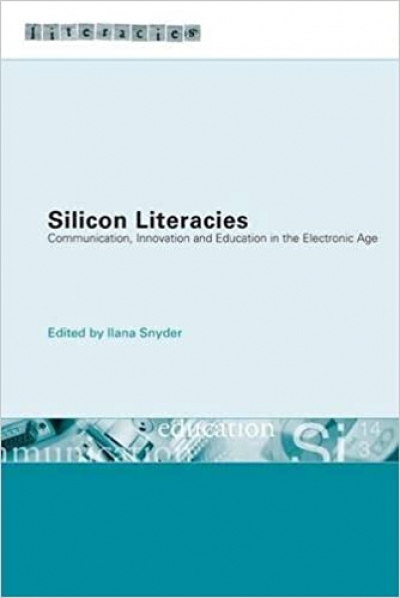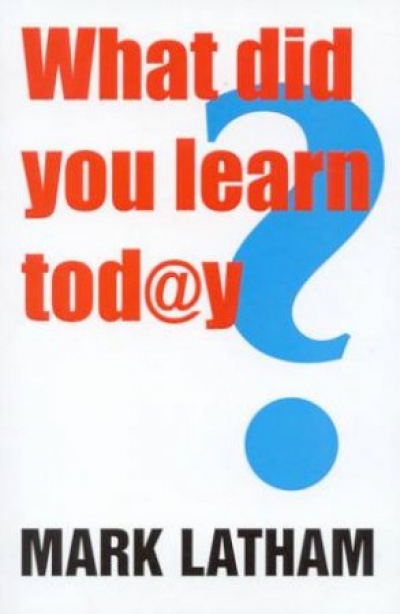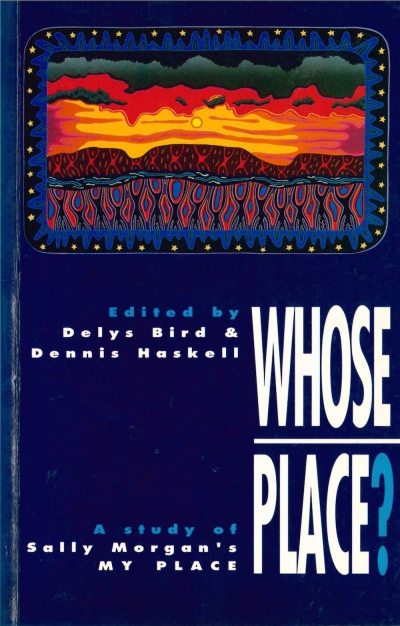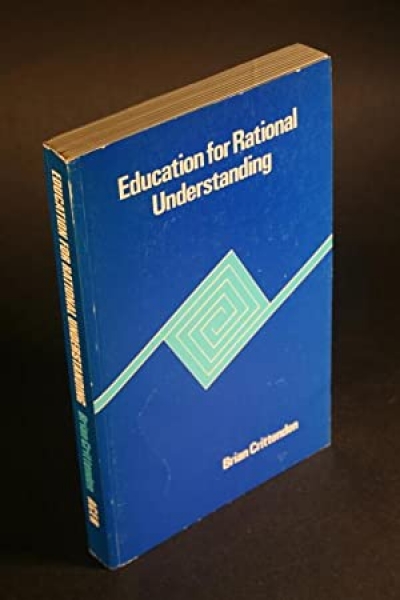Education
Silicon Literacies: Communication, Innovation and Education in the Electronic Age edited by Ilana Snyder
‘Those who can, do; those who can’t, teach.’
Can I begin like that? It’s risky, and contentious, and will probably come back at me. But it’s no less a stupid comment for all that. In my experience it is usually the ones who say it who are the ones who can’t.
... (read more)Whose Place?: A study of Sally Morgan’s My Place edited by Delys Bird and Dennis Haskell
I would like to begin by talking about the work of the Committee to review Australian studies on tertiary education and try to bring out some of the implications of our work for publishing and for teaching. I will look particularly at the question of resources for Australian studies.
The brief of the Committee was to examine ways in which students in tertiary education institutions – in universities, colleges of advanced education, and TAFE – learn about Australia in their tertiary studies, and to recommend ways in which these studies can be developed. We were concerned not only with the humanities, with history, and with literature, but also with science and with professional and vocational studies across the curriculum. In fact one of our major tasks became to look at vocational areas to see in what ways students who took those studies were prepared for the world in which they would be used.
... (read more)
